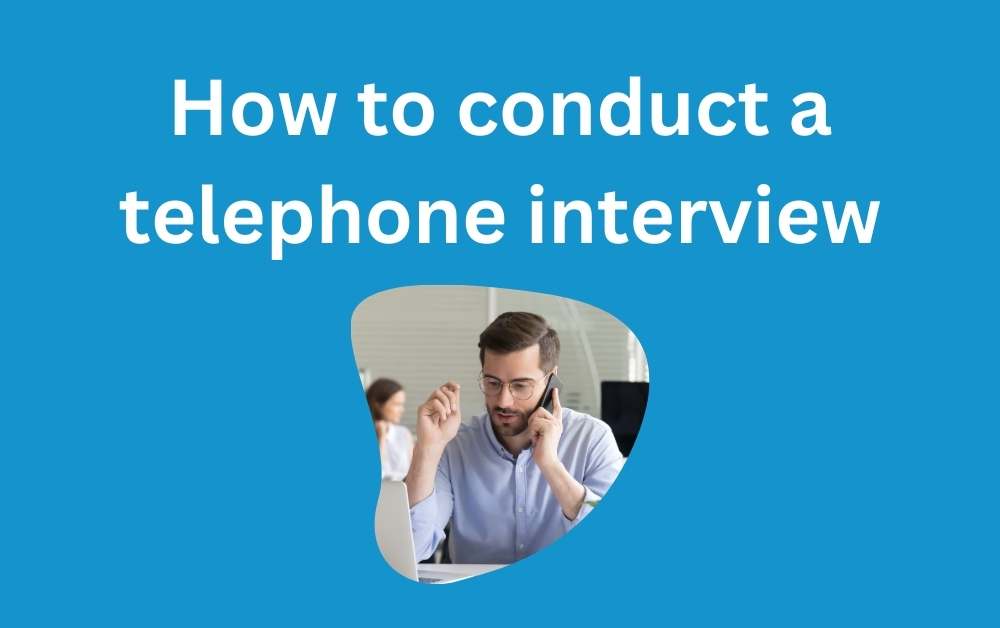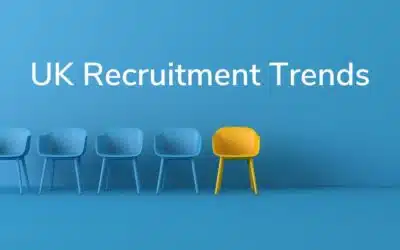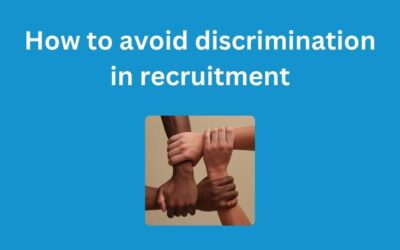Here at The HR Booth, we understand that finding the time to conduct interviews can be a difficult thing to do and we believe one way to select the best candidates for interview is to conduct a telephone interview. This allows you to ask some initial questions to ensure this is the right candidate to invite for a face to face interview and can allow you to get to get a better understanding of the candidate that you cannot pick up on their application or CV.
Although we understand that conducting these telephone interviews will also be time consuming, this can reduce the overall time spent on your recruitment process as you can effectively short-list the number of people invited for face to face interviews, and this is something that we here at The HR Booth support our clients with.
Key Considerations
Before you conduct a telephone interview, you should agree a suitable date and time to ensure the candidate is properly prepared and isn’t distracted. You don’t want to speak to someone if they are at work or on the bus home, therefore it’s really important you agree a suitable date and time in advance.
When calling any candidate to conduct a telephone interview, it is important to have your key questions ready. A good form of practice is to have a telephone interview template that you can refer to.
Although we understand that every business and every job advert will have different needs, here are some key questions that you could consider asking:
What is your understanding of the company?
This will allow you to assess what knowledge the candidate has of your business and if they have “paid attention” by reading the job advert.
What is your availability to commence work?
Some candidates may already be employed so this is a good question as it will allow you to know how soon they you would be able to start working for you. For example – if you require someone to start immediately and they inform you they need to work a 3-month notice period, you may decide it’s not appropriate to take this candidate any further in the interview process.
What is your current salary?
You should be transparent in your advert and state salary level for the role, as this will allow you to attract suitable candidates. By not disclosing this, you are missing a trick as potential candidates will not apply. It is good practice to reinforce the salary and benefits package to ensure your own expectations meet that of the candidates.
Do you have any restrictions on working hours?
It is rare to find a Monday to Friday 9 to 5 job these days, and again you should be completely transparent in your advert around working hours, including evenings, weekends any shift work. By asking the candidate if they have any restrictions on their working hours this will allow you to find out if they will be available to work the times that would be expected of them. You do need to be careful when asking these questions and don’t fall foul of any discriminatory laws, for example someone unable to work certain hours due to child care or unable to work Sundays for religious reasons. Providing you have an objective reason for not taking forward, and you can justify this, you should be fine. The purpose of this question is to allow you to assess what you can and cannot accommodate.
What holidays do you have planned in the next 3 or 6 months?
This question allows you to forward plan. If you know what holidays the candidate already has planned in the coming months, you can check that you would have cover in place for this, or that this time doesn’t overlap with a key trading time for your business.
Questions related to the job role –
Holding telephone interviews can allow you to ask some questions that can make it easier for you to decide if this is the right candidate for you. You can assess communication skills over the telephone and ask questions specific to the role. This will help as you prepare a short-list for the next stage of the recruitment process.
Conducting the Telephone Interview
Once you have the questions you want to ask candidates, it is now time to conduct the telephone interview.
When calling the candidates, the best way to start the conversation off is by introducing yourself and telling them where you are from and that they recently applied for a job with yourself, do they have time to speak. For example –
“Good Afternoon. My name is Emma and I am calling from The HR Booth, you recently applied for the Administrator role. Are you free at the moment or can we agree a time for me to ask you a few questions?” If it’s not a convenient time, ensure you agree a date and time and call them back when it is more suitable.
Going forward with the call, you will go through your questions, allowing the candidate to answer your questions while you document their response on the interview question template. Remember, these notes can be requested under the Data Protection Act, therefore avoid adding any of your personal opinions and ensure the notes are objectives. You should also ensure these documents are retained for a period of up to 6 months, like your normal interview notes, and disposed of safely after this time, ie using confidential waste or a shredder.
At the end of the call, you should thank the candidate for their time, ask if they have any questions and explain the next stage in the process. This will include when they will be notified if they have been successful or not, and what the next stage would entail.
Making your decision
After you have completed the telephone conversation, it is time to make a decision as to whether the candidate is selected for the next stage in your recruitment process or not.
You should refer to all your notes, and review the job description/advert again to ensure you are making an objective decision.
When you have made your decision, you should inform the candidate, and if successful for the next stage you may do this over the telephone and agree a date and time to meet with them face to face. If the candidate is unsuccessful, you should ensure you confirm this too, in writing (normally via email) and thank them for the interest they have shown. It is also good practice where you can to give some feedback on their application, as this leaves a positive impression about your organisation (remember, they could be a future customer!) and also saves you time later if they ask you for feedback. You can take control and reinforce you’re a good employer.
What other options do I have?
Dependent on the type of role and how many posts you have, you could add all these questions to your online application process – this saves any telephone screening as the system or your online system will assist your short-listing. This can be effective, but is less personal, but it’s worth considering – you want to ensure you maximise your time and select candidates you meet the key requirements of the role.
Your turn
What do you think of telephone interviews? Share your experiences or other methods that have or have not worked for you.







